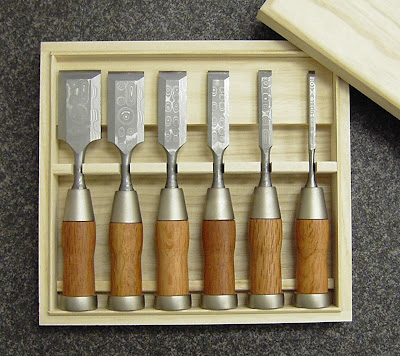The other day, I met an Australian girl who has come to my home prefecture as an exchange student. She told me she would be attending school in Niigata City for the next two months and was interested in Japanese fashion and culture.
This was her second trip to Japan as she had visited Tokyo, Kyoto and Miyajima on a school-sponsored excursion two years ago. I noticed that she always carried a book with her and she admitted to me that she was something of a bookworm. I found her to be quite engaging and smart.
I immediately liked her. Admittedly, however, I am almost predisposed to liking exchange students. You see, I spent the summer of 1977 in Annapolis, Maryland with a wonderful family whom I am still in contact with to this very day.
Also, my son spent a year as an exchange student in Raleigh, North Carolina. It made such an impression on him that he decided to spend a year in Venice, Italy to study philosophy and international relations at a university there.
As my blog mentions, I am the chief of the Niigata chapter of the Experiment in International Living. In fact, the Australian girl I met came here under the auspices of my organization.
Coincidentally, I was watching a Japanese variety show, “Honma Dekka” (“Is it True?”), which is hosted by the famous Japanese comedian, Akashiya Sanma. One of his guests was a chiropractor, Takuma Usuda, who seemed very familiar to me.
Suddenly, I realized that he was one of the students that I had taken on an exchange visit to Springfield, Illinois some 25 years ago. I was so surprised to see him, I went online and found his email address and sent him a message.
He wrote back that, not only did he remember me, but that he also felt that he owed me a lot. He told me that he attributed much of his success in life to that summer he spent in the States and that it had encouraged him to study abroad.
He told me that he owns a practice in Tokyo and that he also teaches part-time at Waseda University. We have since made plan to reunite in Tokyo sometime in the near future and talk about old times, perhaps over a cup of sake.
This is why I have such a passion for exchange programs. I truly feel that they can make a difference in the lives of the students who participate in them. I want students to go abroad and I want to find families who would like to act as host families for these students. If you are interested in hosting exchange students, please feel free to contact me. I would love to hear from you.






